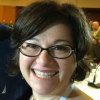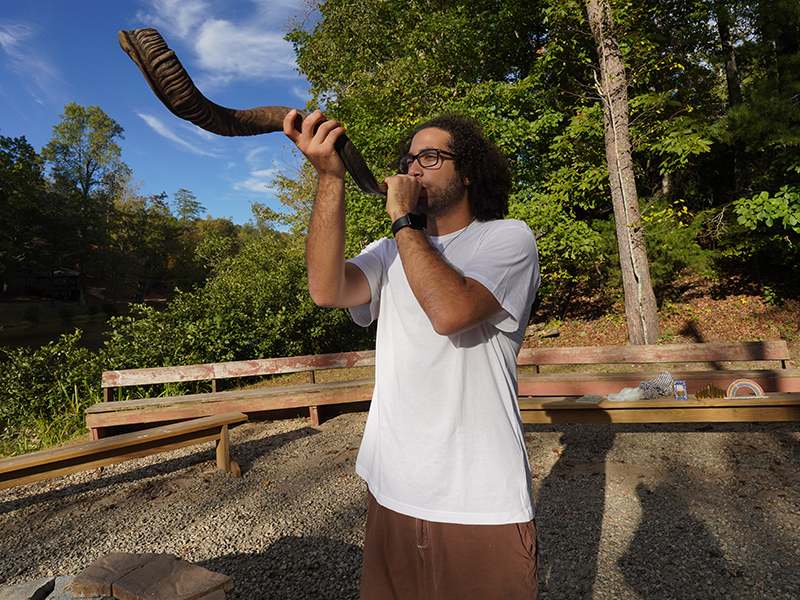Jewish people can say the Mourner's Kaddish for loved ones who are not Jewish. Many Jewish individuals have close family members from different backgrounds and religions and it is appropriate for Jews to observe mourning rituals for their loved ones.
Observing Jewish customs associated with bereavement with a community of caring and sympathetic individuals can provide great comfort in times of grief, when people may feel particularly vulnerable and in need of community support.
The Mourner's Kaddish is an ancient ritual that still holds great meaning for many Jews today. This Aramaic prayer is said for a loved one who has died recently and is recited annually on the anniversary of their death.
Judaism puts great value on comforting the mourner. While Judaism understands that funeral and burial are primarily about honoring the deceased, mourning rituals are focused on comforting the bereaved. So, while funerals and interment should be done according to the specified wishes of the deceased, the rituals associated with the mourning period, such as Kaddish, are in the hands and heart of the bereaved.
The Mourner's Kaddish is in the category of Jewish prayers recited when taking part in communal prayer, customarily when ten or more Jewish adults are present. It is one version of the . The same words, sometimes truncated and sometimes with additions, are included in daily, Shabbat, and festival prayer services. If able, those reciting it will stand.
Give to the URJ
The Union for Reform Judaism leads the largest and most diverse Jewish movement in North America.


